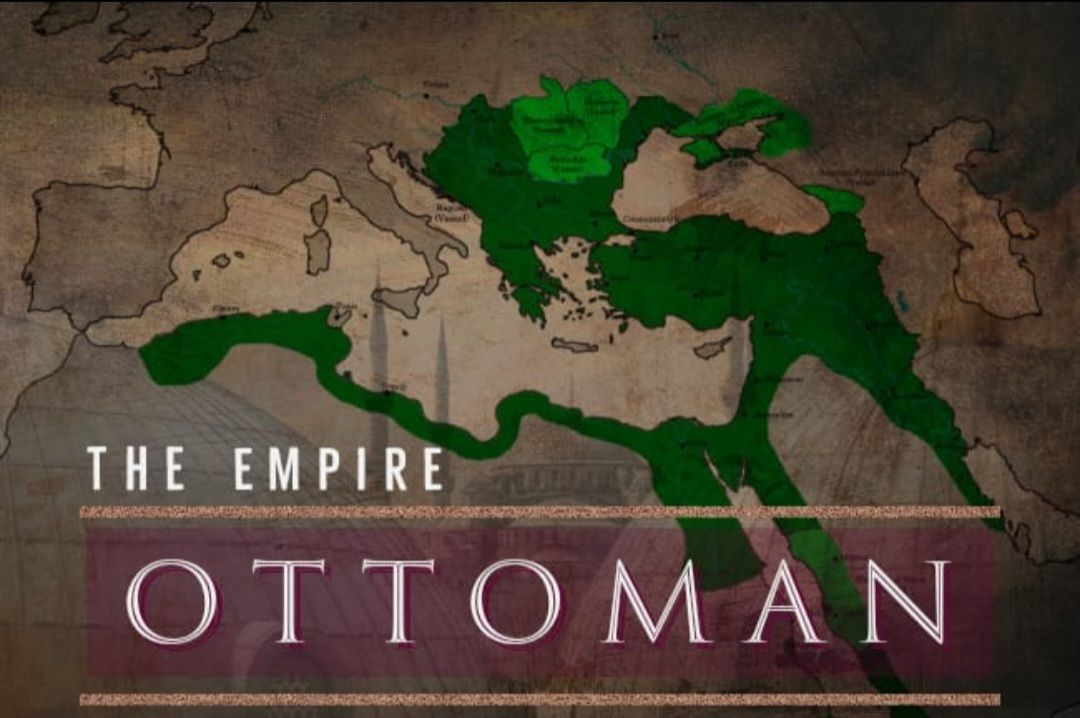
[37] Ascent and Decline of the Ottoman Empire
In The Name of Allah, The Most Merciful, The Bestower of Mercy.
Sultan Abdul Hamid II
He confronted his era amidst challenging conditions, severe crises, and a global conspiracy against the Ottoman Empire from both internal and external forces. He initiated state reforms grounded in Islamic teachings to avert European interference in state affairs, demonstrating a commitment to the implementation of Islamic law. He distanced writers and journalists from the capital and resisted all Western influences that contradicted the illustrious Islamic civilization in the provinces of the empire. He successfully established a robust intelligence apparatus to protect the state from internal threats and to gather intelligence on his adversaries abroad. He was also invested in the concept of Islamic unity, achieving notable results that unsettled Europeans, prompting them to strive for its disintegration. He spoke about his intelligence apparatus and clarified its purpose, stating:
According to Ottoman custom, the Sultan learns about the thoughts and grievances of the subjects through the governing apparatus, including his officials and judges on one side, and through the charitable institutions spread across the Ottoman Empire, with their leaders and ascetics on the other side, thus gathering all this information and building upon it”. He expanded his intelligence network by incorporating wandering ascetics into it. [Footnote a] This occurred when he ascended to the throne, and it continued thereafter.
He said: One day, I received information from our ambassador in London, Musurus Pasha, indicating that the former Grand Vizier, Sir Askar Hussain Aouni Pasha, had accepted funds from the English. If the Grand Vizier, who administers the country on behalf of the Sultan, is disloyal to his state, then it is imperative that his intelligence should inform the palace regarding his performance of duties. As a result, I felt disturbed and affected by this revelation. During that period, I met Mahmud Pasha, who provided me with insights about certain members of the Young Turks. The information he shared was of great importance. I asked him how he came by this information, and I learned that he had created a private intelligence network, financed by money, which included relatives of some Young Turks. These relatives would meet with their family members, listen to their discussions, and subsequently report back to him, for which he offered them compensation.
It is true that he is my sister’s husband; however, it is inappropriate for any of the state’s officials to establish independent intelligence operations separate from the state’s intelligence services. I told him that he must disband his operation immediately and refrain from engaging in such activities again. He handed over his operation to me, appearing quite distressed. The state cannot be secure if major powers are able to recruit individuals at the level of a prime minister to serve their objectives. Based on this, I decided to establish an intelligence agency that is directly linked to me, and this is the agency that my adversaries refer to as the secret police (intelligence gathering).
It was essential for me to understand that among the members of the journalism apparatus, there were genuinely loyal individuals as well as those who were slanderous, all from this agency without thorough verification. However, I did not believe it, nor did I accept anything that came from this agency without precise verification.
My grandfather, Sultan Salim III, used to say: ‘The hands of foreigners are on my liver (i.e. figuratively meaning causing me concern), thus, we must send ambassadors to foreign countries to convey the methods of European advancement. We need to dispatch envoys abroad and work swiftly to learn what they have achieved”. I too felt the presence of these foreigners, not above my liver, but within my liver. They are purchasing my esteemed ministers and advisors, using them against my country. How can this happen, when I have spent from the state treasury on them, yet I cannot discern what they are doing, what they are plotting, and what they are preparing? After witnessing my big newspapers being filled by foreign countries in exchange for the destruction of their state, and conspiring against their ruler, I established this apparatus not to serve as a tool against the citizen, but to identify and track those who betrayed my nation, while they were receiving their salaries from its treasury, at a time when the Ottoman grace was overflowing to the point of their throats”.
Sultan Abdul Hamid encountered intense criticism from the Committee of Union and Progress concerning the intelligence system he created. In truth, this system provided considerable advantages to the Ottoman state. When instigators and terrorists were urging the Armenians to rise against the Ottoman Empire, the soldiers were present to counter them, resulting in bloodshed. For three decades, Sultan Abdul Hamid’s intelligence service kept him promptly informed of every new movement, allowing him to effectively quell any internal insurrection in a timely fashion.
An Excerpt from ‘Ad-Dawlah Al-Uthmaaniyyah Awaamil An-Nuhood Wa Asbaab As-Suqoot 6/449-451
Footnote a: https://www.troid.org/understanding-zuhd-asceticism-in-islam/

